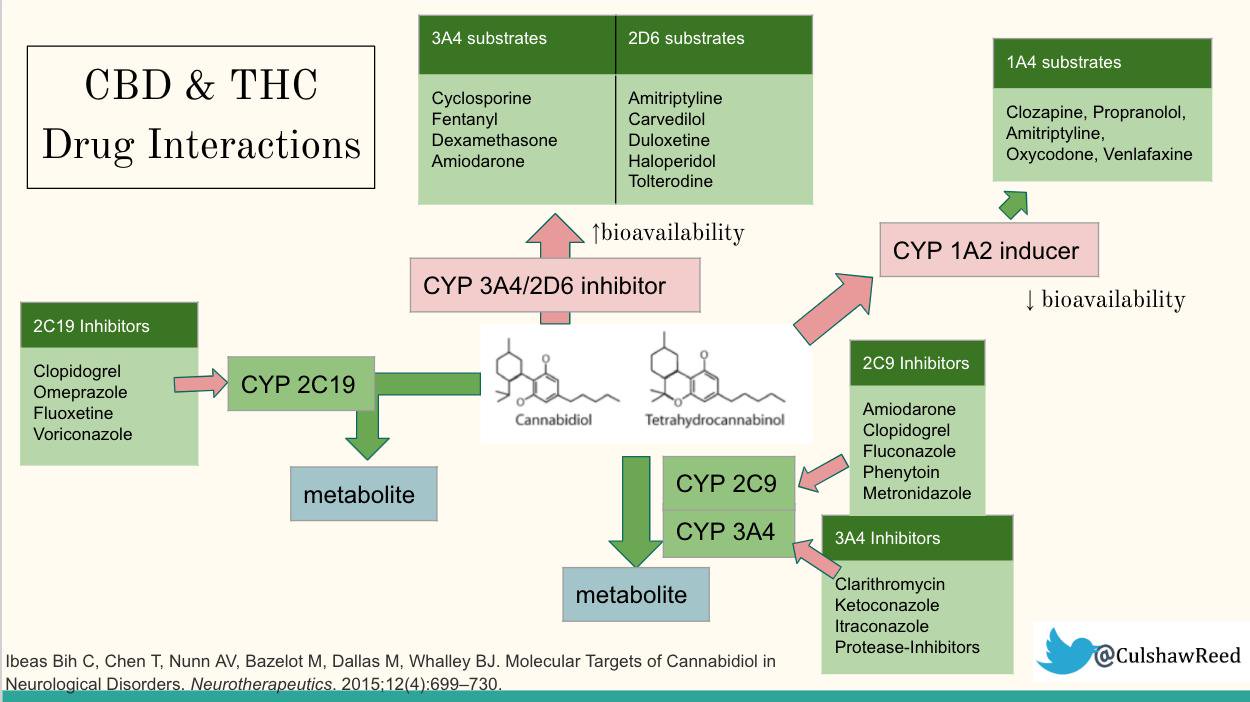
There is lots of information about CBD and the hives. However, not all of it is positive. Cannabidiol and THC can cause hives and other skin reactions. Here are some important facts. Firstly, CBD and THC are not the same.
Cannabidiol
Cannabidiol or CBD (Cannabidiol) is used in dermatology to treat psoriasis. It is characterised by red, painful rashes. Blisters, covered with a yellow crust, are often recurred in response to sunlight exposure, stress, menstruation, and other factors. Psoriasis is not curable. However, there are many treatments that can help reduce symptoms. Cannabidiol, which slows down skin cell division, is becoming a popular natural remedy for this condition.
Cannabidiol is also promising in treating hives. These benefits are believed to be due to the anti-inflammatory properties CBD. This anti-inflammatory reaction is connected to a person’s Endocannabinoid System. This same mechanism also has anti-inflammatory properties making CBD a great candidate for treating hives.
THC
CBD can relieve the symptoms associated with hives. Hives are characterized by red, swollen welts on the skin. They are the body’s reaction to allergens. CBD can help treat these symptoms and restore normal skin function.

Cannabidiol has been discovered in many skincare products over the years, including beauty creams and salves for skin conditions such as inflammatory or dry skin. These products are effective for treating rashes, insect bites, dry skin, and even hives. However, there are still a number of questions about the connection between CBD and hives.
ECS
The ECS controls many processes in the body, including pain and itching. It can be found in the skin’s nerve end, which makes CBD effective for pain relief. These receptors can be activated by CBD. CBD can increase these levels.
Endocannabinoids act by binding to specific receptors throughout the body and signaling the ECS to take action. They can attach to either CB1- or CB2 receptors. It is dependent on the receptor to which they attach. CB1 receptors are found in the spinal nerves. CB2 receptors reside in immune cells. These receptors can be triggered by endocannabinoids and cause many reactions including inflammation, autoimmune disorders, and more. Experts have yet to identify all functions of the ECS.
Corticosteroid response
CBD is not recommended for all people. The drug's benefits are limited to reducing the discomfort caused by the hives. It can also help soothe irritations and moisturize the skin. There are very few side effects.
A 34-year-old woman who had started taking CBD for pain management developed a rash on her abdomen. Despite the severity of her condition, she chose not to stop taking CBD. However, her condition worsened after just two days of CBD withdrawal. She developed erythematous lesions in her buttocks, and limbs. She also had headaches, myalgia, and other symptoms. One-sided erythematous papular monomorphic lesions developed on her trunk. After 7 days, all lesions resolved.

Allergic reaction
CBD is an effective treatment of allergic reaction and hives. However, it should never be the sole treatment. You should follow the standard protocol for allergic reactions. This includes administering emergency medication. Those suffering from milder cases should follow the instructions of their doctor and avoid any triggers.
CBD oil can cause itching in some people, but this is uncommon. Most likely, it is due to an allergic reaction with other ingredients in the product. Therefore, when buying CBD oil, look for products made from all-natural ingredients. If you have a food allergy, it is a good idea to consult your doctor before using CBD oil.
FAQ
Is CBD investing a smart investment?
The answer to this question depends on what you are looking for. They can be a great investment if it is money you are after. If however, you only want to invest in something that may help others, then no.
How big is the global CBD market?
Euromonitor International estimated that the global CBD industry was worth $US3.5 billion in 2015. This is an increase of more than 10% compared to 2014.
The report forecasts this figure to reach $US 6.4 billion by 2020, representing an average annual growth rate of 12%.
CBD products are expected account for about half of all hemp products worldwide by 2020.
This includes CBD oils as well as other CBD products, such food, beverages and cosmetics.
Which conditions can CBD be used to treat?
Any treatment must have an impact on the patient's condition. If you're using cannabis oil for medicinal purposes, a doctor must approve. It is also illegal for someone to prescribe cannabis oil without a doctor's consent.
You don't need a prescription if you use cannabis oil to support a healthy lifestyle. However, you may want to talk to your doctor first just to make sure they agree that it would be safe for you to take it.
Cannabis oils can be made from whole plant extractions or isolated cannabinoids, such as THC and CBN. They contain many different types of cannabinoids, such as cannabidiol (CBD), tetrahydrocannabinol (THC), and cannabinol (CBN).
These components interact and create effects that include pain relief, stress relief, and antiinflammatory and antioxidant properties.
What are some of the common mistakes that companies make when entering America's cannabinoid market
Not understanding the regulations for cannabis products is a first mistake. This could lead to you having to modify your product formulation.
Another mistake is not being able to correctly label your product. Know whether your product contains THC, CBD or both.
Finally, you must know how to package your product correctly. If you have a product that contains THC, make sure it is properly packaged.
Even if your product doesn't contain THC, you must still comply with all packaging laws. There are many states in which cannabidiol is legal.
It is important to track recalls of your products. Customers should be notified as soon as possible if there are any issues with their product.
What are the prospects for the CBD industry in the future?
The future for CBD is bright. It's easy for people to get on board with this sector. With over $1 billion spent globally by consumers on CBD products alone, it's not hard to see how this market is growing exponentially.
Statista estimates that worldwide cannabidiol sales will hit $22.4 billion by 2019. That's almost 200% more than in 2018!
It is also expected that the CBD market will grow at a compound annual growth of 22.5%. That would translate to approximately $6.8 million in revenue by 2020.
This is good news for both companies that want to enter the CBD market and those who are already in this sector. However, we must be aware that the CBD market is still very much in its infancy and will face some challenges along the way.
Is the CBD industry saturated?
CBD industry has a growing rate of 25% annually. This growth is expected to continue for at least another five years. According to industry projections, it will grow from $2 billion to $5 billion by 2020.
Two companies currently dominate the CBD market - GW Pharmaceuticals & Canndoc Ltd. Both are focused on developing pharmaceutical-grade products. Both have not been very successful to date. Both of them are having difficulty gaining traction in today's marketplace.
Cannabidiol (CBD), an extract from cannabis, contains less than 0.3% THC. It does not have any psychoactive properties. It is used to treat epilepsy and other conditions. It is also commonly used as a dietary supplement.
There are many varieties of CBD products. Some CBD products can be made with whole plant extracts and others, such as CBD.
All of these products share one thing: They contain low levels THC.
These products are legal under US federal law. However, this doesn't mean that you don't need to follow local laws when selling CBD products. You should always verify your state's regulations for the sale of CBD products.
Additionally, CBD products in some states are illegal. These are California, Colorado. Florida. Mississippi. Missouri. New York. North Carolina. Ohio. Oklahoma. Oregon. Rhode Island. South Dakota. Texas. Utah. Virginia. Washington.
CBD products shouldn't be used if you live in any of these states.
Can I use CBD during pregnancy?
The research on CBD use in pregnancy is still lacking.
However, the little information available suggests that CBD is unlikely to cause harm to the baby.
Pregnant mothers should not consume CBD unless it is recommended by their doctor.
A recent warning was issued by the Food and Drug Administration about possible risks from CBD consumption during pregnancy.
FDA says there is evidence that cannabis usage during pregnancy can increase miscarriage risk.
The agency said that more research is needed to reach a firm conclusion.
Statistics
- The inhibition of FAAH is predicted to lead to an increase in brain and plasma concentrations of AEA, which acts as a partial agonist at CB1R and CB2R, thereby increasing endocannabinoid tone [92, 110]. (ncbi.nlm.nih.gov)
- however, one study also found that these effects were virtually abolished when the original media (a nutrient broth agar) was replaced with one containing 5% blood (increasing the minimum concentration to ~160 μM CBD) [179]. (ncbi.nlm.nih.gov)
- The use of these products is likely to become even more widespread if the World Health Organization's recommendation that CBD no longer is scheduled in the international drug control conventions is adopted by the United Nations member states [201]. (ncbi.nlm.nih.gov)
- OralWhere HED is the human equivalent dose, and Km is a correction factor estimated by dividing the average body mass (BM) of the species (60, 0.020, and 0.150 kg for 11 humans, mice, and rats, respectively) and by its surface area (see: Nair et al. (ncbi.nlm.nih.gov)
- As a substance that was federally illegal before the passage of the 2018 Farm Bill, hemp-derived cannabinoids with no more than 0.3% THC still face a regulatory grey area. (forbes.com)
External Links
How To
What are the major issues facing the CBD industry in general?
The market for CBD products continues to grow at an amazing rate. But, businesses who want to enter this market still face numerous challenges. These include a lack consumer awareness, high-cost entry, limited access capital and regulatory uncertainty.
Many consumers aren't aware of the benefits and limitations of CBD. This means that they cannot make informed decisions about whether or not to buy CBD products.
Most CBD companies rely heavily upon word-of mouth marketing. This can be costly as it involves advertising and staffing to promote the brand.
Another issue facing new entrants into the CBD industry is the high cost of production. High prices are a major problem for CBD products because of the high cost of raw materials. CBD oil can only be made if hemp is grown in the right climate and soil conditions.
It takes approximately $1,000 per acre to grow enough hemp to process into CBD oil. Because of this, many small farmers are unable to afford to grow enough hemp for CBD oil.
A lack of capital access is another issue that new entrants will face in the CBD marketplace. Due to the stigma surrounding the industry, banks discourage many people who wish to start businesses.
Finally, there is regulatory uncertainty surrounding the sale of CBD products. There are no guidelines for how CBD products should market.
Although some states have passed legislation restricting CBD product sales, this has not become a national policy.
So far, only two states - Maine and Nevada - have legalized recreational marijuana.
Massachusetts and Michigan are however considering similar measures.
These changes could mean that CBD manufacturers will be more competitive.
As a result of these factors, many entrepreneurs choose to work from home rather than start a physical business.